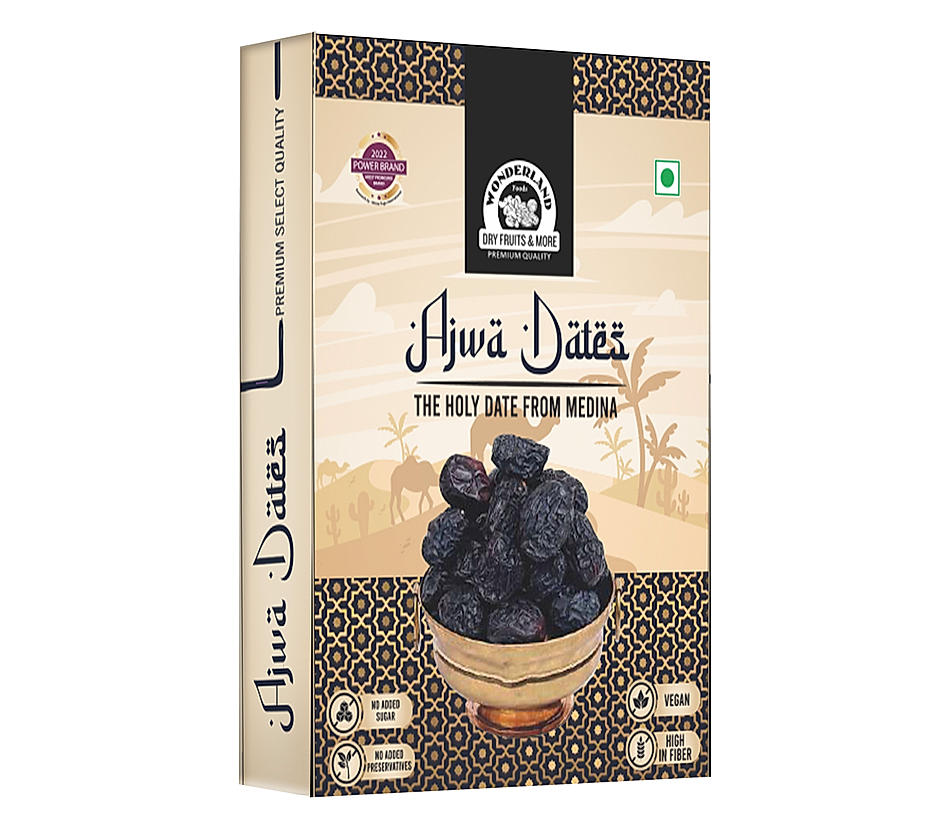The Effect of Human Hands on Kurma Ajwa

Kurma Ajwa, often revered as the "day of the Prophet," differs from other date varieties as a result of its unique flavor and appearance. While its unique features are partially credited to its genetic makeup, the cultivation procedure likewise plays a vital function in forming its last form.
browse around this site and Environment: The Foundation of Taste
The growing of Kurma Ajwa is mainly focused in the Al-Madinah area of Saudi Arabia, a region blessed with certain climatic and soil problems excellent for this date range. The arid environment, identified by high temperatures and reduced humidity, creates a setting that advertises the growth of sugars and various other substances in charge of Ajwa's abundant taste. The dirt in the area is generally sandy and well-drained, permitting optimum root development and nutrient uptake. These ecological elements add considerably to the date's distinct taste profile.
Pollination: A Delicate Equilibrium

Pollination is an essential stage in the farming of any type of day selection, and Ajwa is no exception. Standard techniques, such as hand pollination, are typically employed to ensure optimum fruit collection and high quality. site link of pollen from suitable date palm selections is important for preserving the wanted qualities of Ajwa days.
Farming Practices: Nurturing Excellence
Several farming methods add to the unique top qualities of Kurma Ajwa:
Pruning: Routine trimming is necessary for preserving the health and wellness and productivity of the day palm trees. next includes removing dead or unsuccessful branches to transport sources towards fruit development.
Irrigation: While the area is arid, proper irrigation is critical throughout particular growth stages. Overwatering or underwatering can adversely influence fruit quality.
Fertilizing: Nutrient administration is essential for optimal fruit development. Applying the right equilibrium of fertilizers makes sure that the date palms get the needed nutrients without jeopardizing dirt health and wellness.
Pest and Condition Administration: Protecting the day palms from insects and conditions is essential for preserving fruit quality. Integrated insect management strategies are often used to lessen the use of dangerous chemicals.
Gathering and Post-Harvest Handling
The timing of the harvest is crucial for making best use of the flavor and texture of Ajwa dates. The days are typically collected when they reach their complete size and establish a deep, abundant color. Cautious handling throughout harvesting and transport is crucial to avoid damage and preserve the fruit's top quality.
Drying and Handling
Unlike some various other date ranges, Ajwa days are often consumed fresh. Nonetheless, some manufacturers might decide to dry the days to expand their life span. The drying out process involves mindful control of temperature and humidity to maintain the day's taste and texture.
The Duty of Genetics
While growing practices dramatically influence the top quality of Kurma Ajwa, it's important to acknowledge the function of genes. The special genetic makeup of this date variety is the structure for its unique qualities. Nevertheless, optimum cultivation problems are required to totally share these hereditary traits.
Final thought
The farming procedure of Kurma Ajwa is an intricate interplay of ecological variables, farming techniques, and hereditary make-up. The mix of the arid climate, typical growing approaches, and careful post-harvest handling add to the growth of the day's one-of-a-kind taste and appearance. By recognizing the variables that influence the growing of this valued fruit, customers can value the workmanship and commitment included in producing top notch Kurma Ajwa.
Eventually, the farming procedure is a testament to the harmonious partnership in between human beings and nature, resulting in a product that has been valued for centuries.
